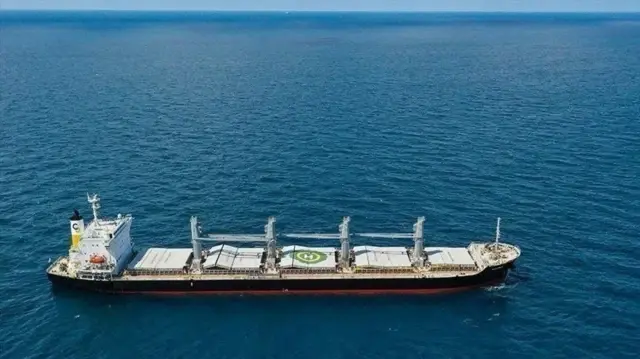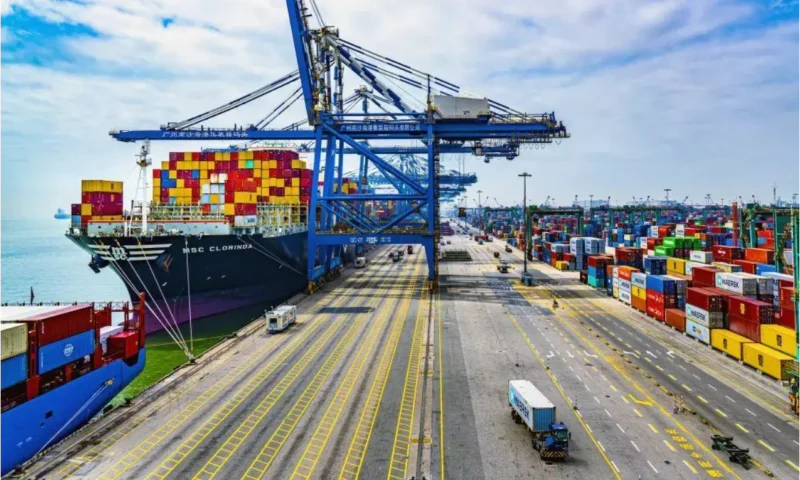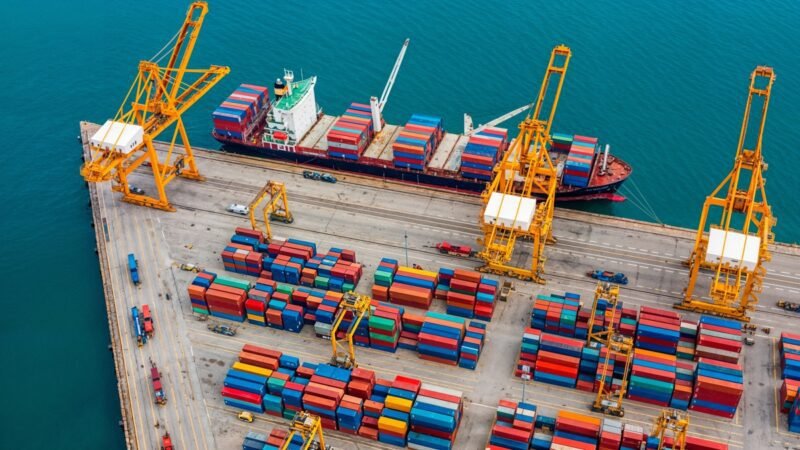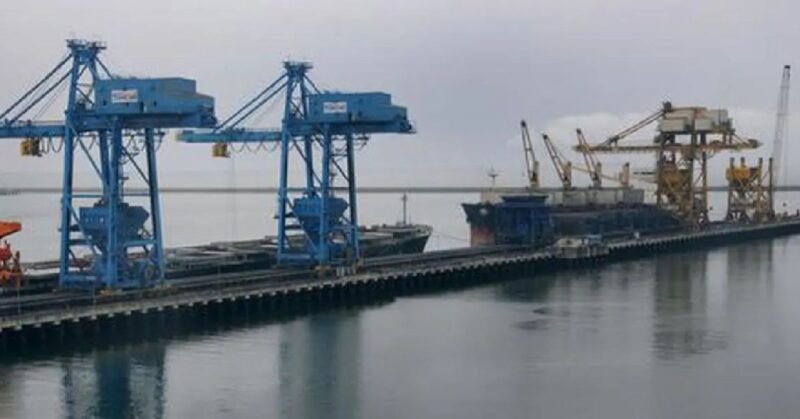As the IMO Green Summit approaches, the global shipping industry is facing intense scrutiny regarding its greenhouse gas (GHG) emissions. Industry advocates are calling for immediate and binding measures, including the establishment of clear global fuel standards and a comprehensive GHG levy, to effectively reduce the sector’s environmental impact.
The International Maritime Organization (IMO) has proposed a Net-Zero Framework that includes mandatory emission limits and a GHG pricing mechanism. Targeting ocean-going vessels over 5,000 gross tonnage, which contribute approximately 85% of shipping’s CO₂ emissions, the framework aims for adoption at the Summit, with enforcement slated to begin in 2027. The ambitious goal is to achieve net-zero emissions by around 2050, with interim targets of a 40% reduction in carbon intensity by 2030 and a 5-10% utilization of zero- or near-zero-emission fuels by that time.
Industry leaders, such as Mark Bell from the SGMF, anticipate a decisive vote on the framework at the Summit, which could significantly alter the landscape for maritime emissions. However, concerns have been raised by companies like Maersk regarding potential biases in trading-credit schemes that may inadvertently favor LNG over genuinely low-carbon alternatives.
Despite political pushback, particularly from the US, nearly 200 companies within the shipping sector support the proposed emissions fee. The US has formally opposed the Net-Zero Framework, citing potential burdens on its shipping and consumer sectors. Proponents emphasize the necessity of global cooperation and a just transition, especially for developing nations. As the Summit nears, key discussions will focus on finalizing fuel standards, enforcing the GHG levy, and revising the Carbon Intensity Indicator. With shipping responsible for around 3% of global GHG emissions, the Summit represents a crucial opportunity for the industry to align with global climate goals.
Share it now

















